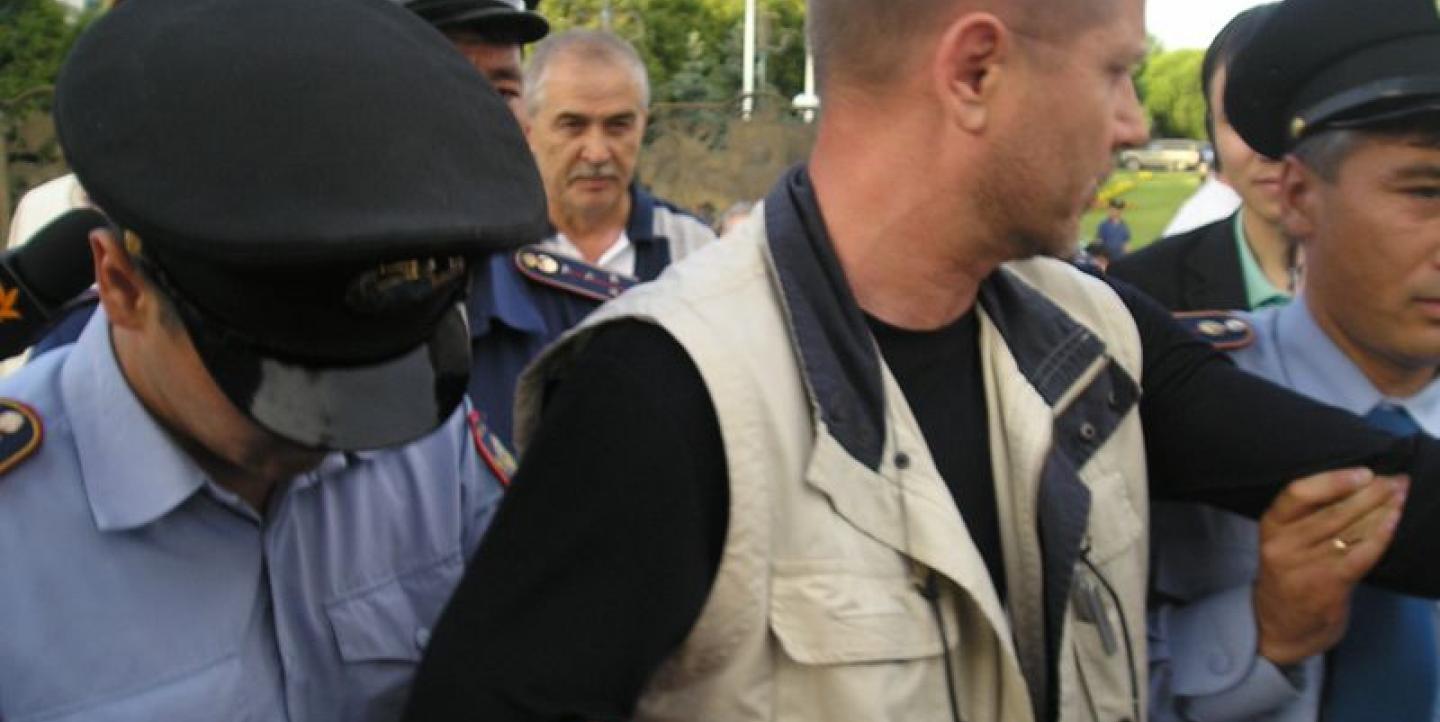An online tool that maps incidents of government suppression against bloggers and social media users called Threatened Voices launched November 3. The Web site, a project of free expression advocacy organization Global Advocacy Voices, provides information on incident locations and offers details about the blogger or social media user involved.
Visitors to the site initially view a world map with red dots, varying in size and associated with a specific country, indicating incidents of suppression. As of November 9, China, Iran and Egypt claimed the greatest number of recorded incidents and, thus, the largest dots. China, with 34 documented incidents, is the foremost oppressor. Below the map, a timeline offers specific information on incidents, and colored labels represent the status of the blogger or social media user. Bloggers are categorized as: under arrest, threatened, deceased, released, or unknown.
 The most recent incident, dated November 6, involved Cuban blogger Claudia Cadelo. Her name is accompanied by a green circle, indicating her released status. After clicking on her name, biographic details of Claudia and the details of the incident come into view.
The most recent incident, dated November 6, involved Cuban blogger Claudia Cadelo. Her name is accompanied by a green circle, indicating her released status. After clicking on her name, biographic details of Claudia and the details of the incident come into view.
According to the mastermind of the Threatened Voices project, Tunisian free expression activist Sami Ben Gharbia, incidents are reported to Global Voices Advocacy mostly by associates of the suppressed blogger. The information is put into a database that Threatened Voices accesses. The Threatened Voices team then conducts a thorough vetting process to ensure the accuracy of the report by contacting human rights NGOs and researching stories in local publications.
The site and similar online tools directly impact the behavior of suppressive regimes around the globe, Gharbia said on a phone interview from Berlin, Germany. He is a political refugee who currently resides in Haarlem, the Netherlands. “The first enemy of any suppressive regime is information," he said. "That is the reason they try to muzzle the voice of their population.”
“Governments have the ability to block Web sites and avoid the embarrassment of the world knowing about their practices," Gharbia said. But with more information and more Web sites, he said, Web censoring becomes a near insurmountable task.
Threatened Voices is just one part of the equation of educating the world on a topic such as government suppression of free expression, he said. After Global Advocacy Voices publishes information, Reporters Without Borders and other free expression advocacy organizations then research the report and publish something of their own, creating a domino effect, he explained.
Gharbia plans to expand Threatened Voices by including a Mozilla Firefox mechanism that would allow information to be sent directly to Threatened Voices with just a click, thus enabling easier submission of information. He also plans to provide an interface where information can easily be exchanged with other sites such as the Web sites of NGOs and local publications.
For more information visit http://threatened.globalvoicesonline.org/.
Radio Free Europe Radio Liberty is the source and copyright holder of the photo at the top of the article.

